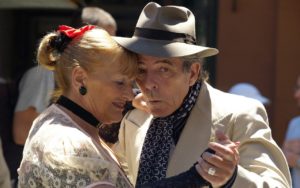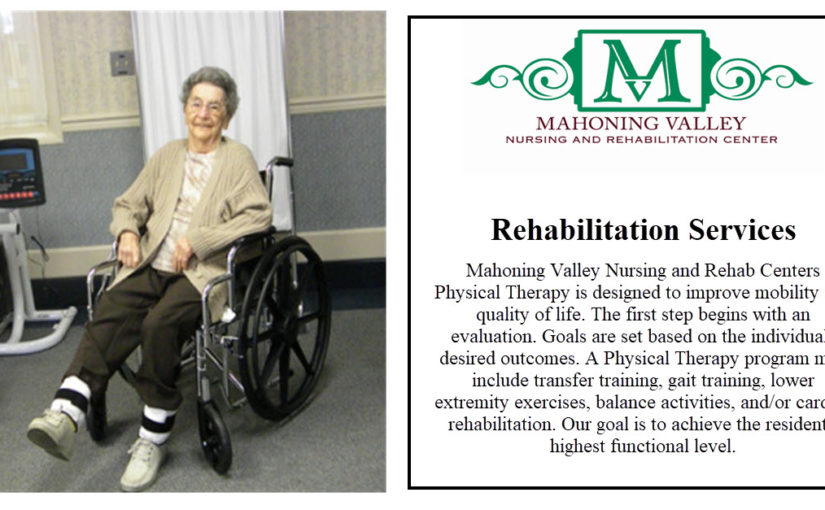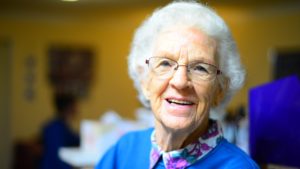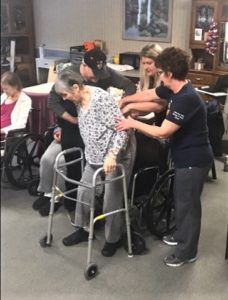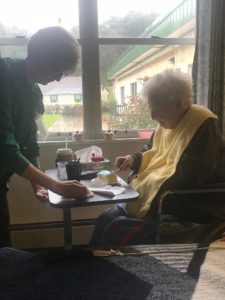Understanding Dementia?
Dementia is the development of multiple cognitive deficits such as memory impairment, aphasia, and the inability to plan and initiate complex tasks. Dementia is not a normal part of aging. MVNRC or Mahoning Valley Nursing and Rehabilitation Center of Lehighton, PA. is a care facility that provides care services for loved ones in need of specialized help required for Dementia and other cognitive suffers.
Is Alzheimer’s Dementia?
Alzheimer’s disease is the most common cause of Dementia. In order to provide quality of life though meaningful activities of the resident’s interest, we offer our residents with Dementia specific programs to maintain as long as possible the resident’s use of all remaining cognitive, social, and fine and gross motor skills.
Caring for Seniors with Dementia
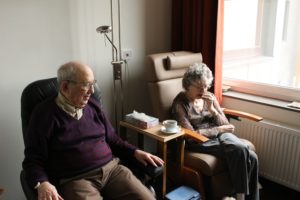
For our residents with severe cognitive impairment, we offer a program for no longer than 30 minutes in length taking into consideration the short attention span of most cognitively impaired residents.
Activity staff provides 1 on 1 interaction to assist the residents to focus on the task at hand, and offer encouragement and praise for the residents’ accomplishments. During this program these residents are offered and encouraged to participate in listening to music, looking at pictures, validation which is meeting the resident right where they are right now, listening to reminiscing stories, looking though seasonal reminiscing boxes, sing-a-longs, and sensory stimulation including focusing on smell, touch, sounds, and vision.
Other Programs
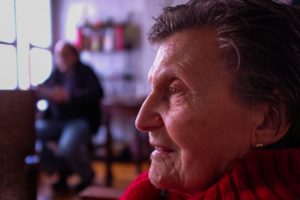
Another program is offered to those residents with Dementia who may show a decline in cognitive abilities, social skills, change in emotional status, and/or may require direction or assistance to focus on a structured or unstructured activity. Residents are offered the opportunity to watch videos or DVDs that are musical and/or designed for relaxation which may include watching pets, animals, children, or are scenic such as beaches or mountains.
Unstructured activities, such as task oriented activities, socialization and reminiscing are offered within the group to those residents requiring more 1 to 1 staff interaction who may be unable to follow the structured group activity or whose preference is to participate in these unstructured activities.
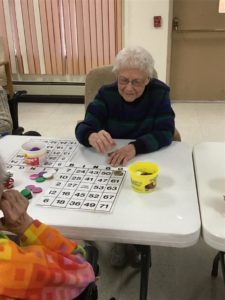
Activities may need to be broken down into simple steps or provide modification to enable participation. These task oriented activities may include, but are not limited to folding cloths or small articles of clothing, working with large Lego blocks, smaller sized PC pipes, small balls, Frisbee, bean bags for tossing into a laundry basket, looking at magazines and picture books, and crayons and coloring sheets.

Task oriented activities are also available for Dementia residents though out the day and are offered by facility and Activity staff, and some family members with supplies provided by the Activity staff and may also include playing on the Tic Tac Toe board game and the card game ”War”.
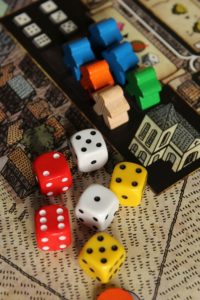
Residents are provided with activity boxes in their rooms or in the dining room so they are available to all staff at any time for our residents. Facility CD players and music CD’s of the resident’s interest are available and provided for their use in the resident’s room. Facility CD players and music CD’s are also located in the dining rooms.
Residents with Dementia are invited to general population activity programs which include, but not limited to music and entertainment programs, religious activity, parties and social gatherings, sing—a—longs, musical DVDs, and holiday celebrations.




